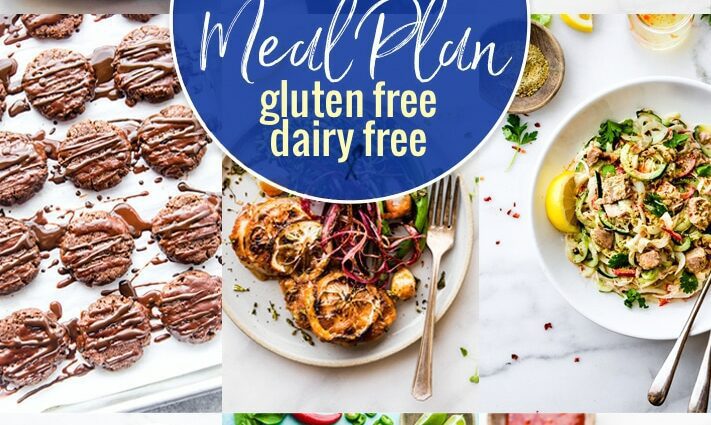ינהאַלט
Can soy or almond juice replace cow’s milk?
Your baby is bloated, suffers from colic… What if it came from dairy products? This “misconception” that cow’s milk is bad for children has been revolving around the web. Suddenly, some parents are tempted to replace it with soy or almond juice. Stop! ” This can lead to deficiencies and stunted growth in babies who consume them exclusively, because these vegetable juices are not adapted to their nutritional needs »Confirms Dr Plumey. Ditto for the milk of goat, sheep, mare.
Before 1 year, you only have to choose the ברוסטמילק (the reference) or the בעיבי מילך. Infant milks are made from modified cow’s milk and contain proteins, lipids, carbohydrates, vitamins (D, K and C), calcium, iron, essential fatty acids, etc.
And after 1 year, no question either of replacing cow’s milk with vegetable juices, because up to the age of 18, children need 900 to 1 mg of calcium per day, equivalent to 3 or 4 dairy products. Even if calcium is found elsewhere than in dairy products (legumes, nuts, fatty fish, fortified vegetable milks), this may not be enough to provide the child with the intake he needs.
אויב דיין בעיבי האט דיגעסטיווע דיסאָרדערס, solutions exist. Depending on their composition, some infant formulas are easier to digest than others. If your child is allergic to cow’s milk protein, he or she can take milk made from rice or total cow’s milk protein hydrolyzate – cow’s milk protein is broken into very small “pieces” so that it no longer. be allergenic. There are also infant milks made from goat’s milk, reputed to be more digestible. Discuss this with your pediatrician.
Gluten allergy in children, what symptoms?
Children’s gluten allergy or intolerance can of course exist. On the other hand, it is very rarely detected during the first years of a baby’s life. It appears during food diversification around 3,4 years. The most common symptoms are stomach pain and a lowering weight curve. Be careful, however, not to make the diagnosis yourself! Go see a doctor who will do a blood test and have your child do belly exams.
Gluten-free diet…: is it really necessary?
Very fashionable, this “שלעכט”The practice of eliminating wheat-based products (cookies, bread, pasta, etc.) lands on the plates of the youngest. Assumed Benefits: Better Digestion and Less Overweight Problems. It’s wrong ! ” These benefits are not proven, notes Dr Plumey. And even if this does not entail a risk of deficiencies (wheat can be replaced by rice or corn), the child is deprived of the pleasure of eating good pasta and real cookies, if this is not justified. . »
אין דערצו, די gluten free products do not necessarily have a healthier composition. Some are even unbalanced, with a lot ofאַדאַטיווז און גראָב. This diet is only justified if it is medically necessary as in the case of gluten intolerance. It is therefore essential to offer gluten-free recipes to toddlers.
אַז געזאגט, vary the sources of starches and grains (wheat, buckwheat, spelled, oats, millet) can be a good thing for the balance of the child and to “educate” the palate.
If your toddler does not eat meat, he is at risk of לויפט אויס פון אייזן, essential to have an efficient immune system and to be in good shape. To avoid deficiencies, vary the other sources of protein of animal origin – eggs, fish, dairy products – and of vegetable origin – grains, legumes. However, in vegetarians who also exclude fish, there may be a lack of essential fatty acids (omega 3), necessary for good brain development. In this case, alternate walnut oil, rapeseed oil … And increase the amounts of growth milk to 700 or 800 ml per day.
- As for vegan diets, that is to say without any food of animal origin, they are strongly discouraged in children due to the risk of calcium, iron, protein and vitamin B12 deficiency. This can cause anemia, stunted growth and developmental problems.










